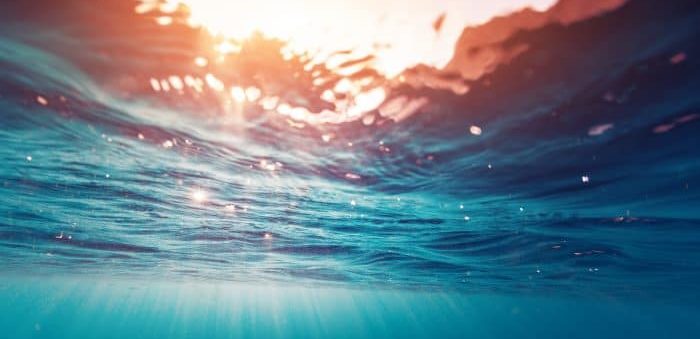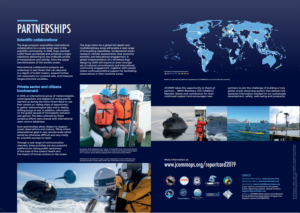The Ocean Observing System report card that provides insight into the status of the global ocean observing system. Since the nations need that action has to be taken to tackle climate change, the report highlights the importance of sustained ocean monitoring.
Mainly, ocean observations provide critical data to nations for delivering marine weather and ocean services, to ensure safe and efficient maritime operations, and improving emergency response efficiency for extreme events.
So, to better need society’s needs, the global ocean observing system presents new technologies and improved capabilities.
As Dr Legler chair of the JCOMM Observations Coordination Group noted
These advancements will provide more observational information in real-time and long duration high-quality data needed for detection of ocean change, as well as helping to address the lack of data in poorly sampled regions.
The report states that the new technological capabilities for under ice observations, based on ocean gliders and autonomous floats are helping scientists monitor the increase of CO2 concentrations in the Arctic and Antarctic ocean.
During 2018, 86 countries were involved in ocean observations; 8,933 in situ ocean observing platforms and 170 satellites continuously monitor the global ocean and atmosphere.
As we move towards sampling in coastal areas, we will need to explore new solutions, including citizen involvement.
Moreover, the ocean observing system consists of satellite observations, situ platforms, ship-based weather station, moored and drifting buoys, autonomous profiling floats, dedicated research vessels, tide gauges and other emerging networks, which monitor continuously the global ocean, from the sea surface to the sea floor, in near real-time.
The report card was prepared by the Joint Technical Commission for Oceanography and Marine Meteorology (JCOMM) of the World Meteorological Organization (WMO) and UNESCO’s Intergovernmental Oceanographic Commission (IOC).
The report card was presented during the IOC’s 30th General Assembly sessions on 1 July devoted to ocean observations.
Concluding, to explore more click on the PDF herebelow

































































